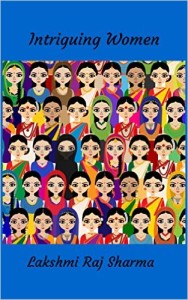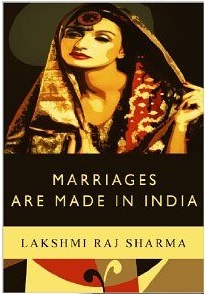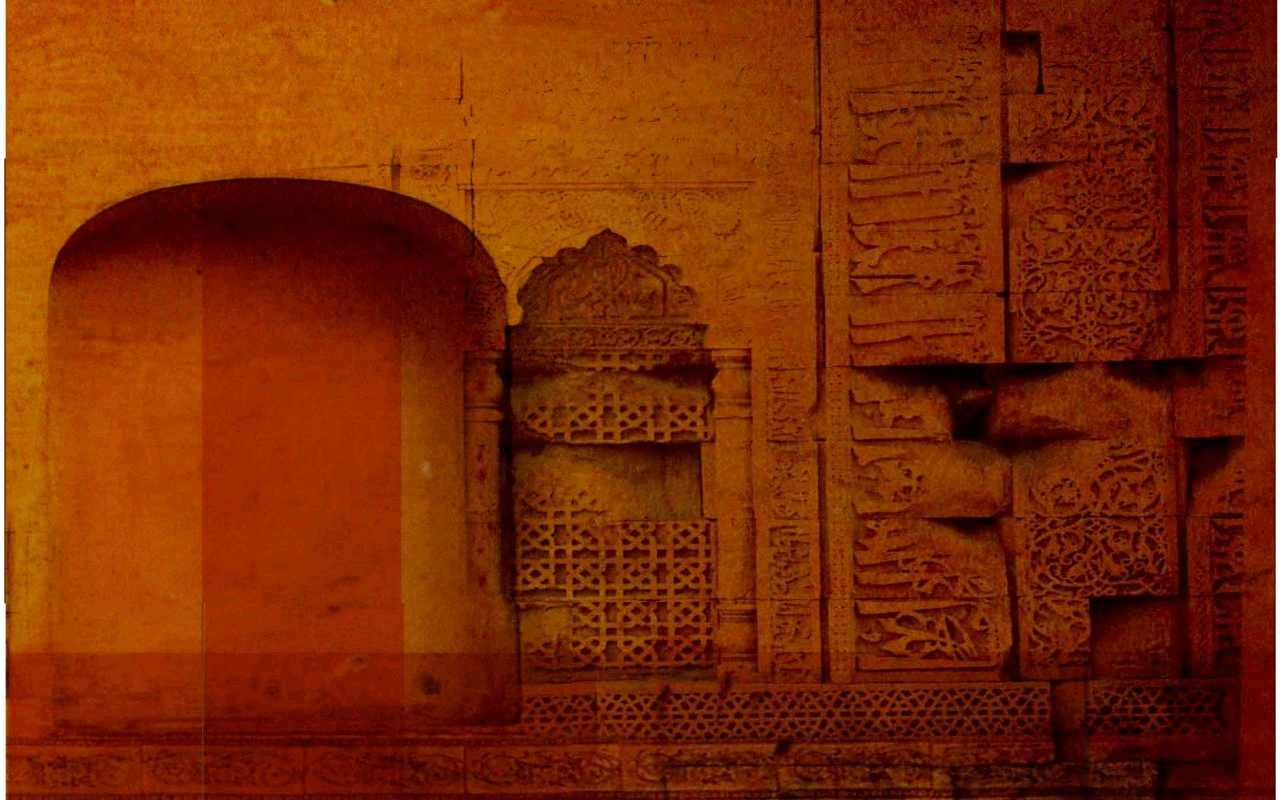

http://www.amazon.com/Lakshmi-Raj-Sharma/e/B0032DI2CK/ref=sr_ntt_srch_lnk_1?qid=1462893852&sr=8-1
Should short story endings be finely rounded, ending with a finished look, and all knots tied up? Or should it be left as things happen in life; with no distinctly closed ending but a rather open one?
The answer to the above questions depends on the kind of story it is. There is no fixed rule for a story’s ending, but there are two broad ways of dividing stories and then the ending of one or the other kind can have a justification for the two different types.
First, there can be a story which is like the classics, romances, mystery novels, etc., in which the story is the most significant ingredient. In these, the reader is not made to think too much because the “story” has gripped her and she just travels on the road of “What next?” till it has ended. Such stories are simple and put the reader in a rather passive position. She does little more than discover what follows next. The endings of such stories need to be neat and finely chiseled. If the endings in such stories are left vague, the stories will seem disappointing to the reader who has got used to making the writer do everything. Roland Barthes calls such writing “readerly”.
But there are the other kinds of stories that cater more to “plot” instead of the “story”. The art of these stories provides most of the pleasure to the reader instead of the episodes in the story. The writers of such stories leave much scope for the reader’s interpretation. The reader has to use her imagination as well as mind much more than is the case with stories of the first category. The reader has to construct the story as she moves along. In these stories, the ending can be less neatly chiseled. These stories are more like episodes in life. Just as the narrative is disrupted with literary devices, the ending is frequently left more open. Such stories are termed “writerly” by Barthes. In these, the reader plays an important role in the construction of the stories.
- How Authors Can Sell More Books - April 11, 2018
- Pure Fiction - December 13, 2017
- I Think I Know - December 12, 2017

Comments